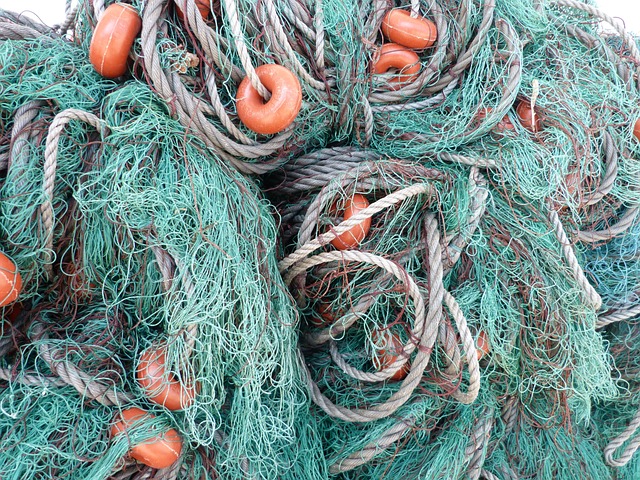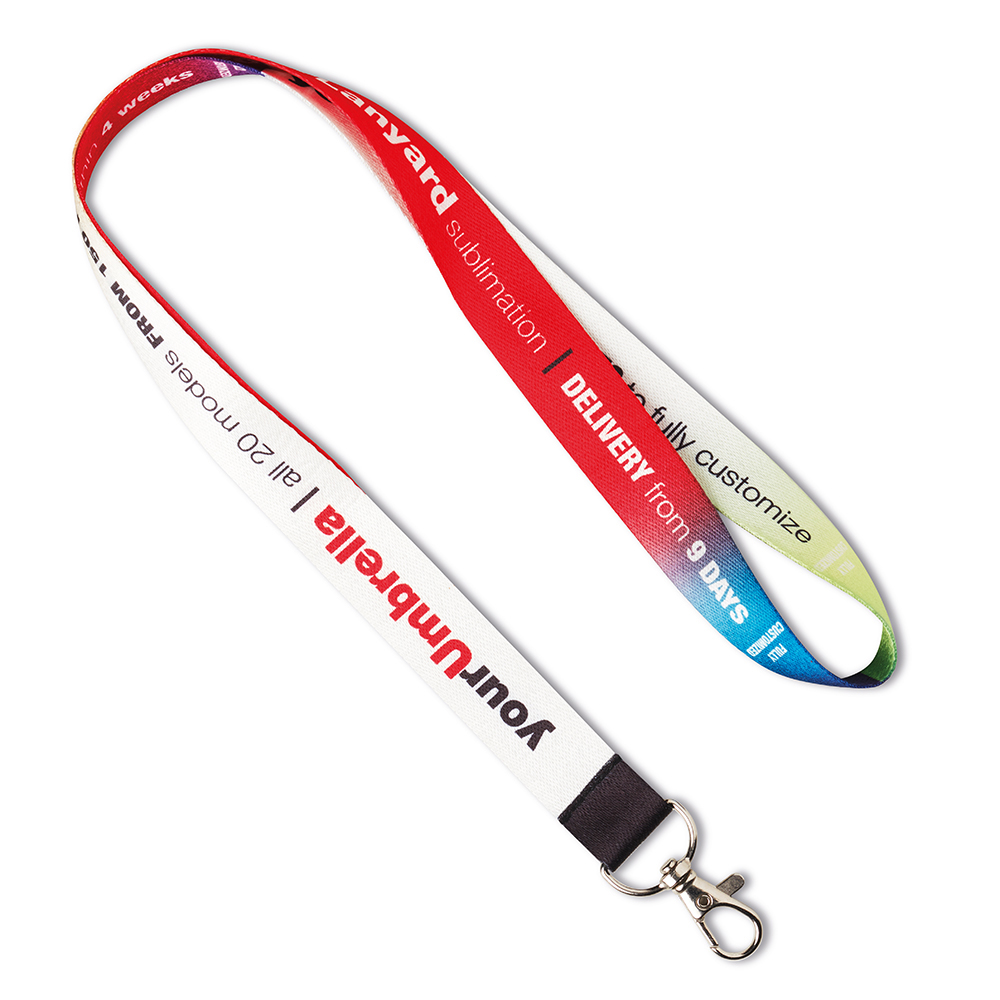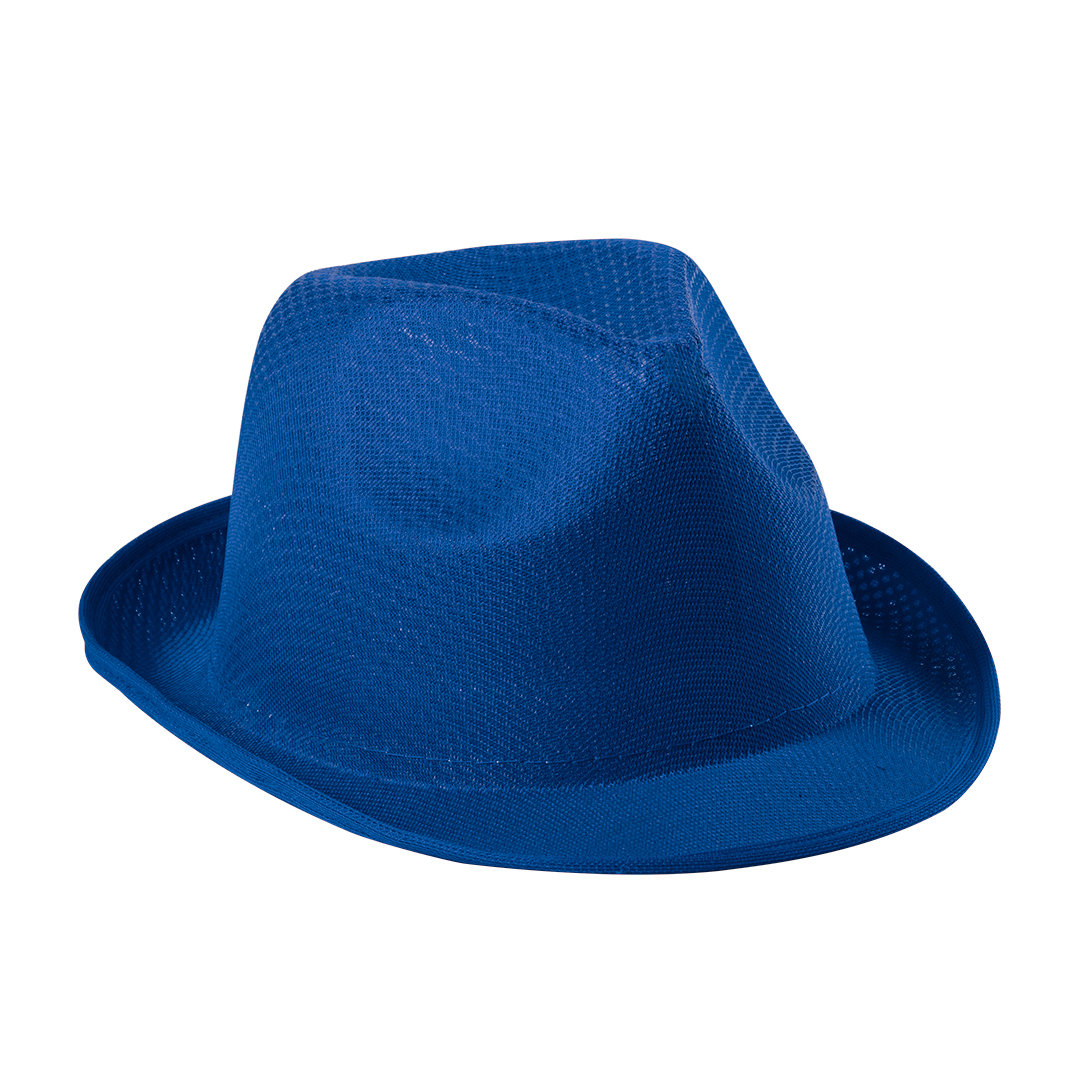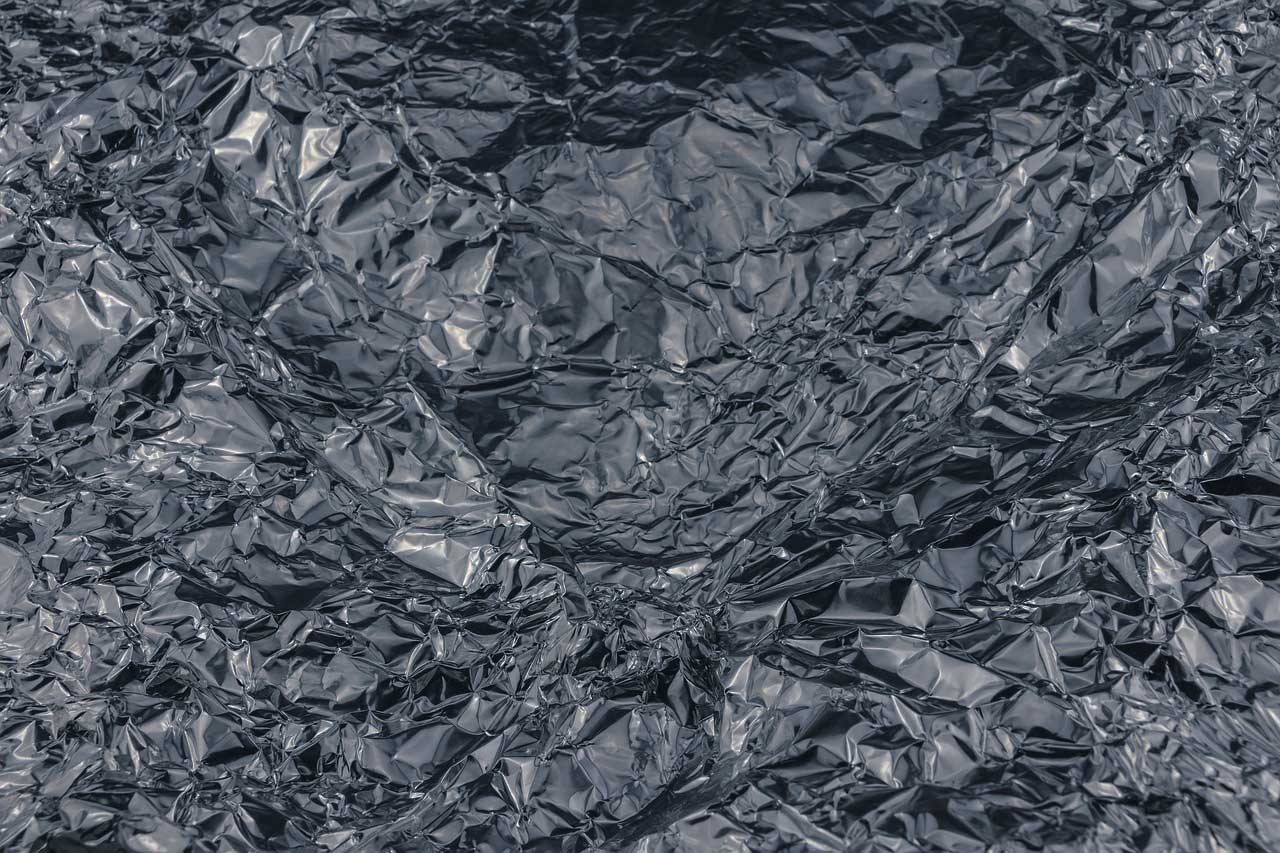What is Polyester?
A long-lasting, elastic, and lightweight synthetic fiber used in the textile fashion. It stands out for its versatility, lightness, and resistance to wrinkles, making it a popular fabric for customization and design.
Polyester cloth material is synthetic and widely used in the manufacturing of textiles and other products. It is derived from compounds of petroleum, with ethylene terephthalate (PET) being the primary raw material of this artificial composite fabric. The process of obtaining polyester involves the combination of ethylene with other chemicals under controlled conditions. This material is known for its strength, durability, and its ability to maintain its original shape.
Discovered in the 1930s in England during the search for alternatives to cotton, polyester is used in the production of clothing, home accessories, and other textile products. Furthermore, it plays a significant role in the packaging industry, where it is employed in the manufacture of plastic bottles and packaging.
What are the uses and functionalities of polyester material in our daily life?
Polyester is a versatile material used in various fields due to its beneficial properties. It is highly valued in the medical, sports, and home product manufacturing industries because of its ability to adapt to different needs and provide effective solutions.
Textile Industry
Polyester is widely used in the production of clothing, from technical T-shirts to custom-made sneakers.
Its characteristics make it ideal for garments that require durability and resistance to wear, such as sportswear and workwear.
Automotive Industry
It is a fundamental part of the production of car parts, such as bumpers and dashboards, due to its impact resistance.
It is also commonly used in the railway industry due to its ability to withstand demanding conditions and ensure safety.
Packaging
Polyester stands out in this sector due to its ability to protect products during transportation and storage. It is used in the production of packaging, labels, and various types of packaging.
Polyester provides an effective barrier against moisture, dust, and odors, keeping products fresh and secure.
Although its presence is sometimes overlooked, it is found in numerous everyday objects. Despite its relatively recent introduction to the textile world, polyester has rapidly gained popularity and become the most popular fiber in the manufacture of technical clothing.
What are the characteristics and properties of polyester that make it a versatile material?
The polyester textile has several distinctive features. First and foremost, it is known for its lightweight. These characteristics explain its popularity in the world of sports. In addition to these qualities, it has elasticity and resistance to fading, abrasion, and UV rays.
In many cases, it is possible to find polyester fiber in combination with other materials, providing various options. Depending on the desired results, such as texture or weather protection, it can be used in conjunction with one component or another.
Moreover, polyester is very popular in advertising because it is easy to customize. The most common technique is sublimation, which allows for precise full-color designs. Not only is it found in the textile industry, but it can also be seen in various articles.
Advantages of Polyester
This material offers many advantages that can be applied according to the specific use. Some of these benefits include:
- Polyester is low-maintenance, making it ideal for clothing and textiles that require frequent washing.
- It is resistant to wrinkles, tearing, and abrasion. Furthermore, it dries quickly, making it easy to care for.
- Polyester is synthetic fiber and is known for its stain resistance and ability to repel liquids, making it a popular choice for clothing and textiles that may be exposed to spills or adverse conditions.
- Polyester offers a wide range of styles, colors, patterns, and textures, allowing for a variety of design and style choices for clothing and other textile products.
- It is relatively inexpensive compared to other fabrics, making it affordable and accessible to different budgets.
- Polyester is resistant to moisture and does not easily degrade in humid environments, making it suitable for clothing that requires moisture resistance, such as sweat-exposed apparel and swimwear.
Polyester has become a practical and versatile fabric used in various applications. Due to its cost-effectiveness, it has become a cost-effective and accessible solution to meet the needs of different budgets.
Variants and peculiarities of polyester types
There are different polyester fiber types, each with specific characteristics and properties. Some of the most common types are:
PET polyester (Polyethylene Terephthalate)
It is commonly found in the textile industry and the production of plastic bottles and containers. It is known for its moisture resistance and recyclability.
PBT (Polybutylene Terephthalate)
Mainly used in electrical and electronic applications due to its heat and chemical resistance. It is commonly used in the production of automotive components.
Elastomeric Polyester
The polyester is stretchable and combines the strength of polyester with the elasticity of elastomers. It is widely used in the production of products such as elastic bands, straps, and fabrics that require flexibility and stretch.
Aliphatic Polyester
This type of polyester is used in coatings and paints due to its resistance to weathering and UV rays. It is also used in the production of protective films and transparent sheets.
These are just some of the different types of polyester available on the market. Each has its unique characteristics and specific applications, allowing for use in a wide range of industries and products.
Clothes made of polyester. What types of products?
The strong presence of polyester fiber in the textile industry means it is present in many clothing items, such as sports T-shirts, which will be your best ally for running a marathon or daily jogging.
You can also find it in other items like sports vests or reflective vests. If we step out of the fashion industry, you can find a variety of different products such as waist bags, drawstring backpacks, or personalized umbrellas. As we have mentioned, thanks to its easy customization and all the advantages it offers, this fabric is very prevalent in the world of merchandising.
What are the most effective customization techniques to highlight and personalize polyester clothing?
There are several customization techniques for polyester products. Here are some of the most common techniques:
Sublimation
This technique transfers a design printed on paper through ink sublimation. It produces a durable and high-quality result with vibrant colors and sharp details on white fabrics.
It is highly recommended because the ink integrates into the fibers and does not wash out with use.
Screen Printing
This printing technique uses a stretched mesh on a frame to transfer ink through open areas. It is ideal for simple designs and graphics with solid colors.
Screen printing can be applied to different polyester surfaces, such as bags, backpacks, or canvases.
Screen Transfer
This method involves printing the design on a special film and then transferring it to polyester by applying heat and pressure.
This technique produces precise and long-lasting results with vibrant colors and sharp details.
Embroidery
This involves sewing a custom design with threads of different colors. Embroidery adds elegance and durability to polyester products like caps, jackets, or polo shirts.
Each customization technique has its advantages and is chosen based on the type of polyester product, the desired design, and the available budget.
Nylon vs polyester. What is the difference?
While nylon or polyester share characteristics such as toughness and flexibility, there are significant differences between the two materials.
Polyester
Polyester is synthetic fiber and primarily composed of polyethylene terephthalate.
It is not absorbent.
Resistant to acids and bleach.
Resistant to deformation and UV rays.
Has breathable properties.
Commonly used in the manufacture of clothing, home textiles, and fishing nets.
Nylon
It is a synthetic polyamide created from the chemical reaction of different compounds.
It has a higher water absorption capacity compared to polyester.
It is stronger but has lower wear resistance.
Frequently used in the production of clothing, stockings, and ropes.
Both materials are easy to care for and can be machine washed, although it is advisable to avoid very high temperatures. Moreover, both polyester and nylon are waterproof and resistant to mold, but they do not float. Depending on the intended use, each material offers specific advantages.
Polyester cost
Garments made from polyester fabric generally have an affordable and accessible price, often lower than materials like cotton. So, if you are looking for sportswear, this is your best choice for the comfort it provides. Your clothing will not retain sweat, and it won't cling to your body, allowing you to enjoy your exercise to the fullest.
Conclusions, what is made of polyester? Is it suitable for customization?
In conclusion, polyester is a resilient and flexible material suitable for various applications. Its versatility makes it the perfect choice for clothing, accessories, and home products.
One of the significant advantages of polyester fiber properties is its customization capability, as it can be designed with a wide variety of colors and prints. This allows conveying a unique brand identity and standing out at corporate events or as promotional gifts. Polyester is not only functional but also leaves a lasting impression on those who receive it.






